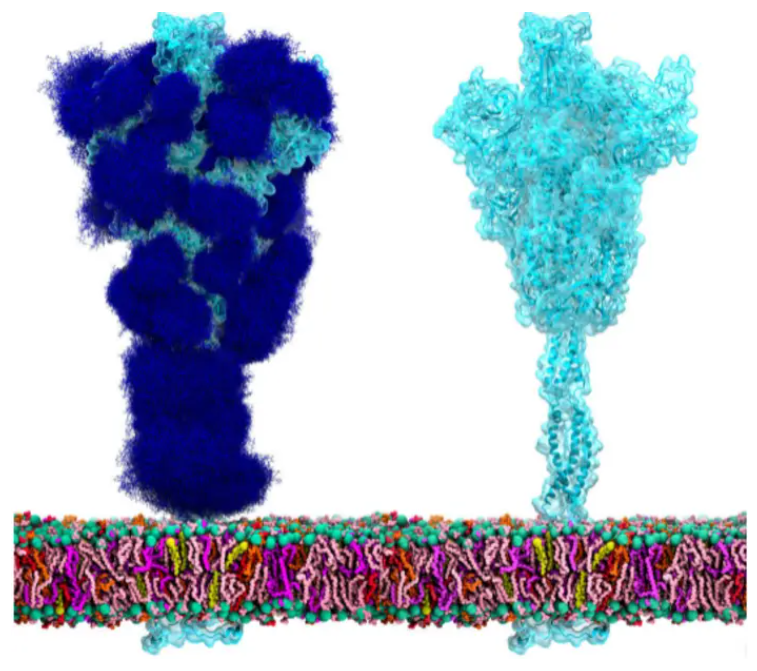
A study out of Centro Nacional de Investigaciones Cardiovasculares in Spain revealed that an increase in intestinal permeability allows natural gut bacteria to cross the intestinal barrier and reach the bone marrow, prompting epigenic changes in immune stem cells. The study, which highlights the key role the protein called Mincle plays in this process, was published in Immunity.
The researchers administered dextran sulfate sodium (DSS) to mice and found that Enterococcus faecalis translocated to bone marrow and induced trained immunity (TI) hallmarks in bone marrow–derived mouse macrophages and human monocytes.
DSS treatment or heat-killed E faecalis reprogrammed bone marrow progenitors (BMPs), resulting in enhanced in vitro and in vivo inflammatory responses and protection against subsequent pathogen infections.
The C-type lectin receptor Mincle was essential for E faecalis–induced TI in BMPs. Clec4e−/− mice showed impaired TI with E faecalis administration and reduced pathology after DSS treatment.
Mincle-mediated TI protects against infection but worsens inflammation, according to the researchers. They also noted that Mincle sensing of E faecalis induces TI, which may have long-term effects on pathologies associated with increased gut permeability.
Source







 © 2025 Mashup Media, LLC, a Formedics Property. All Rights Reserved.
© 2025 Mashup Media, LLC, a Formedics Property. All Rights Reserved.